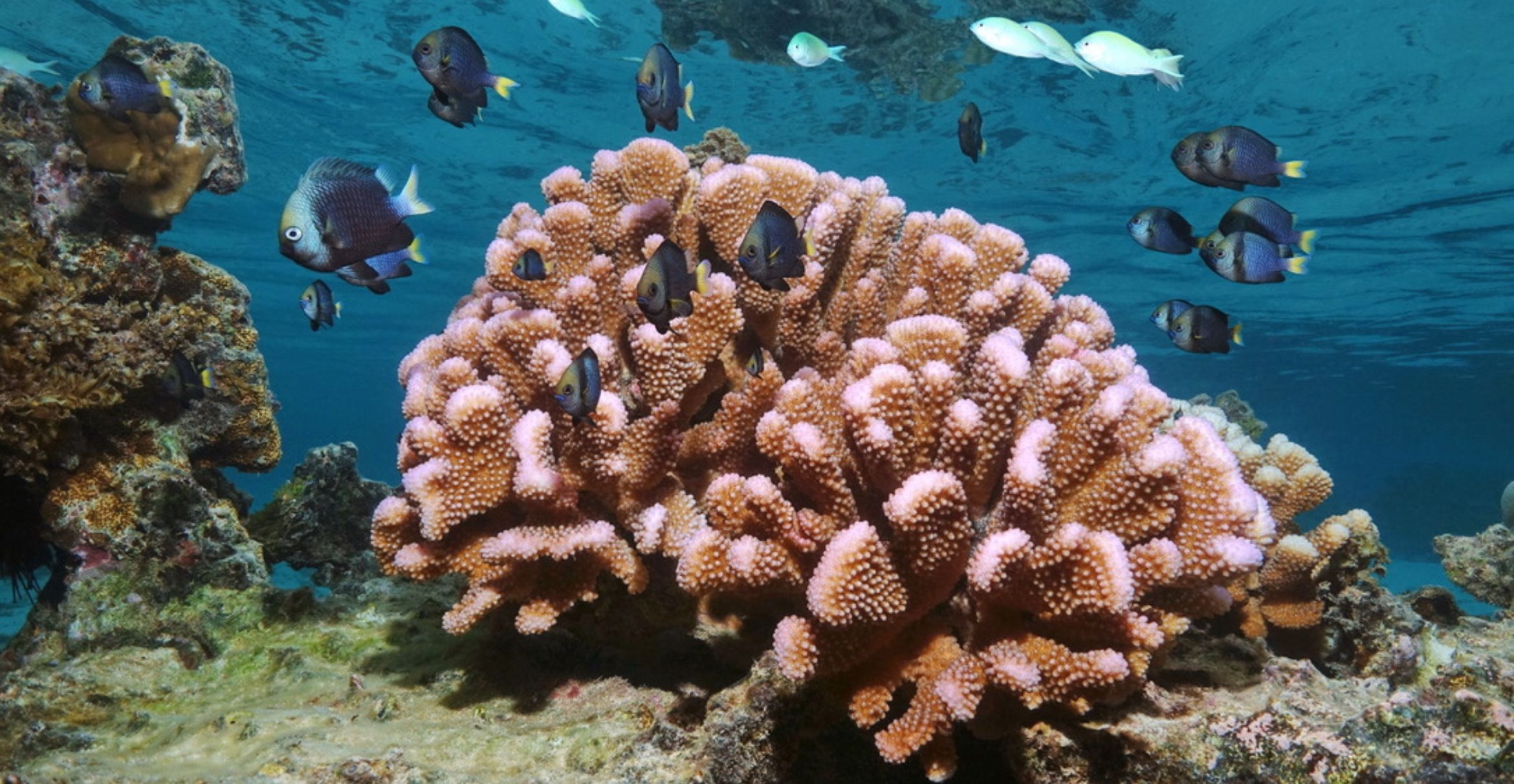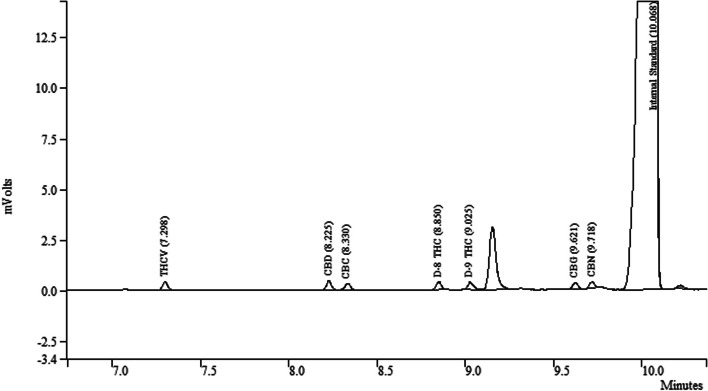2024-07-08 カリフォルニア大学サンタバーバラ校(UCSB)

Photo Credit:Dam via Adobe Stock
Damselfish like these yellowtail dascyllus have an outsized effect on reefs compared to their humble proportions.
<関連情報>
- https://news.ucsb.edu/2024/021540/coral-reefs-battlegrounds-survival-changing-climate
- https://www.cell.com/current-biology/abstract/S0960-9822(24)00748-6
魚類と無脊椎動物がサンゴの回復力に与える影響 How fishes and invertebrates impact coral resilience
Adrian C. Stier,Craig W. Osenberg
Current Biology July 08, 2024
DOI:https://doi.org/10.1016/j.cub.2024.05.071
Summary
Increasingly intense and frequent ocean heatwaves are causing widespread coral mortality. These heatwaves are just one of the many stressors — among for instance ocean acidification, nutrient pollution and destructive fishing practices — that have caused widespread decline of coral reefs over the past century. This destruction of reefs threatens the remarkable biodiversity of organisms that depend upon coral reefs. However, recent research suggests that many of the fishes and invertebrates that inhabit coral reefs may play an underappreciated role in influencing the resistance and recovery of corals to stressors, especially those caused by global climate change such as ocean heatwaves. Unraveling the threads that link these coral inhabitants to the corals’ response to stressors has the potential to weave a more comprehensive model of resilience that integrates the plight of coral reefs with the breathtaking diversity of life they host. Here, we aim to elucidate the critical roles that coral-associated fishes and invertebrates play in mediating coral resilience to environmental stressors. By integrating recent research findings, we aim to showcase how these often-overlooked organisms influence coral resilience in the face of climate change.


